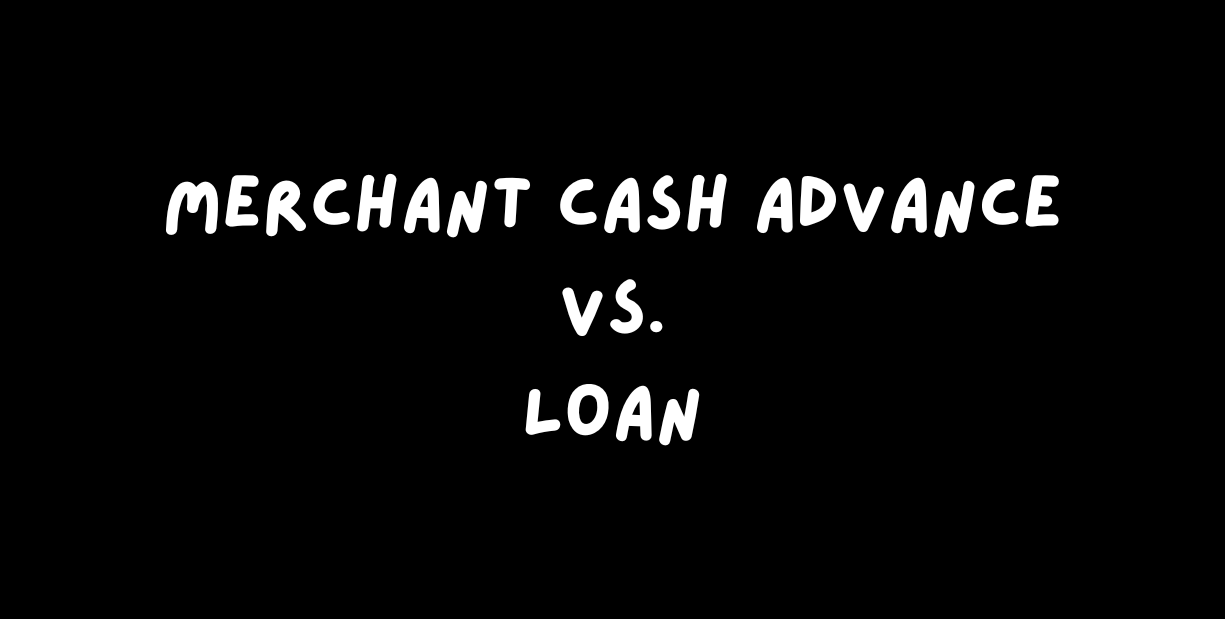What Is Merchant Cash Advance Debt? Understanding the Risks and Your Options
What Is Merchant Cash Advance Debt?

Welcome to the world of merchant cash advance debt—a financial trap that thousands of business owners find themselves stuck in. Let’s break it down in plain English so you can spot it, understand it, and most importantly—know what to do if you’re already in it.
Merchant Cash Advance 101: A Fast Cash Option with a Heavy Price
A merchant cash advance isn’t a loan. It’s a purchase of your future sales. You get a lump sum upfront, and in return, the provider takes a fixed percentage of your daily or weekly credit card sales—or pulls daily payments from your bank account. Sounds simple, right? It is—until it’s not.
Unlike traditional loans, MCAs don’t come with a fixed interest rate. Instead, they use factor rates, often ranging from 1.2 to 1.5. That means if you borrow $50,000 at a 1.4 factor rate, you owe $70,000. And that doesn’t include any fees. Now imagine making daily payments, rain or shine, profit or loss. That’s where merchant cash advance debt starts to pile up.
What Exactly Is Merchant Cash Advance Debt?
Merchant cash advance debt is the total amount your business owes to an MCA provider, including the original advance, fees, and interest (calculated through a factor rate). Because payments are pulled automatically and frequently—usually daily—it can quickly snowball and deplete your working capital.
It’s a form of unsecured debt, but with teeth. MCA providers don’t need collateral—they often include confessions of judgment in the agreement, giving them the power to freeze your accounts or seize funds without notice.
How Merchant Cash Advance Debt Becomes Dangerous
MCAs can be dangerous for several reasons:- High Effective Interest Rates – While advertised as simple advances, many MCAs carry APRs that exceed 100%.
- Daily Withdrawals – Payments are taken automatically, draining your cash flow.
- Stacking – Businesses often take out multiple MCAs to pay off previous ones, creating a cycle of dependency.
- Legal Aggressiveness – MCA lenders often act quickly to enforce collection through court judgments or bank levies.
Merchant cash advance debt doesn’t just hurt your finances—it can take down your business.
Common Signs You’re Trapped in MCA Debt
If you’re unsure whether your MCA situation is becoming a problem, here are red flags to watch for:- You’ve taken more than one MCA to cover shortfalls.
- Daily payments are forcing you to delay payroll or vendor payments.
- You’re being threatened with legal action or have received court documents.
- Your total repayment amount is 1.5x or more the original advance.
- You feel like you’re working to pay off the MCA—not grow your business.
Sound familiar? Then you’re dealing with merchant cash advance debt—and it’s time to act.
Can You Get Out of Merchant Cash Advance Debt?
Yes. But it usually requires help. Many business owners try to handle the situation themselves, only to get buried deeper in debt. MCA agreements are legally complex and often written in the lender’s favor. That’s why hiring an MCA lawyer can be a game-changer.How an MCA Attorney Can Help
Here’s what a qualified attorney can do for you:
- Negotiate a Settlement – Often, lawyers can reduce the total amount owed or restructure your payments.
- Challenge Confessions of Judgment – In many states, these are now banned or heavily restricted.
- Defend You in Court – If a lender sues you, your lawyer can protect your rights and even countersue in some cases.
- Stop the Bleeding – Legal action can freeze withdrawals or vacate judgments, giving you breathing room.
Alternatives to MCA Debt: Smarter Financing Options
If you’re considering another MCA or looking to escape one, here are some healthier funding alternatives:- SBA Loans – Lower interest and longer repayment terms.
- Business Lines of Credit – Flexibility without daily repayment pressure.
- Revenue-Based Financing – Similar to MCAs, but with better terms and more transparency.
- Invoice Factoring – Useful if you have outstanding receivables.
The key? Choose financing that doesn’t force you to sacrifice tomorrow to pay for today.
Conclusion: Knowledge Is Your Best Defense
Merchant cash advance debt can feel like quicksand—the more you struggle alone, the deeper you sink. But you’re not alone, and you’re not powerless.
Understanding what merchant cash advance debt is—and recognizing the signs—can be the first step toward reclaiming control of your business. Whether you negotiate a settlement, fight a judgment, or seek legal help, there are paths forward.
So if the daily deductions are hurting your growth, your peace of mind, or your business itself, now’s the time to take action.











